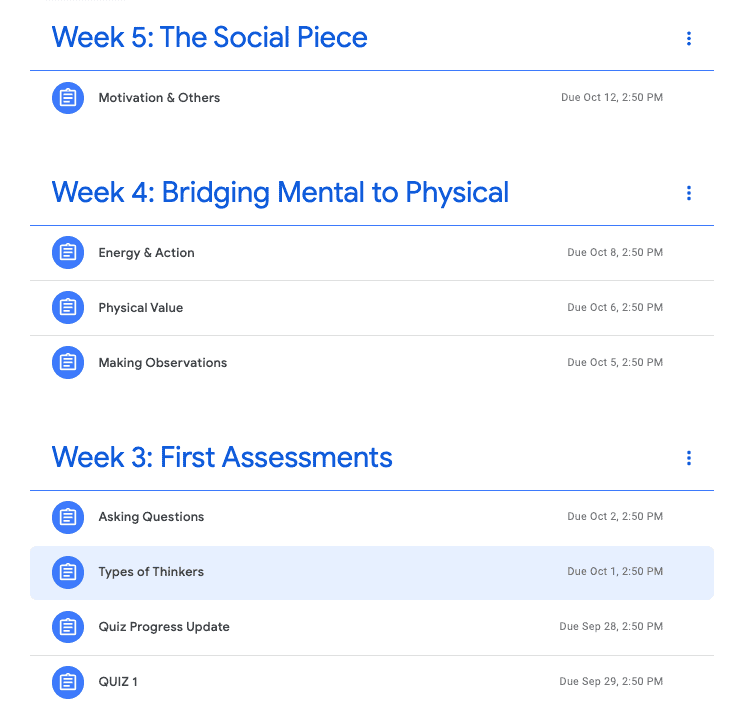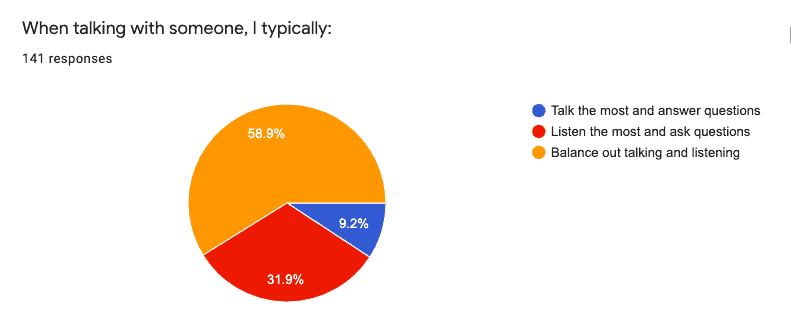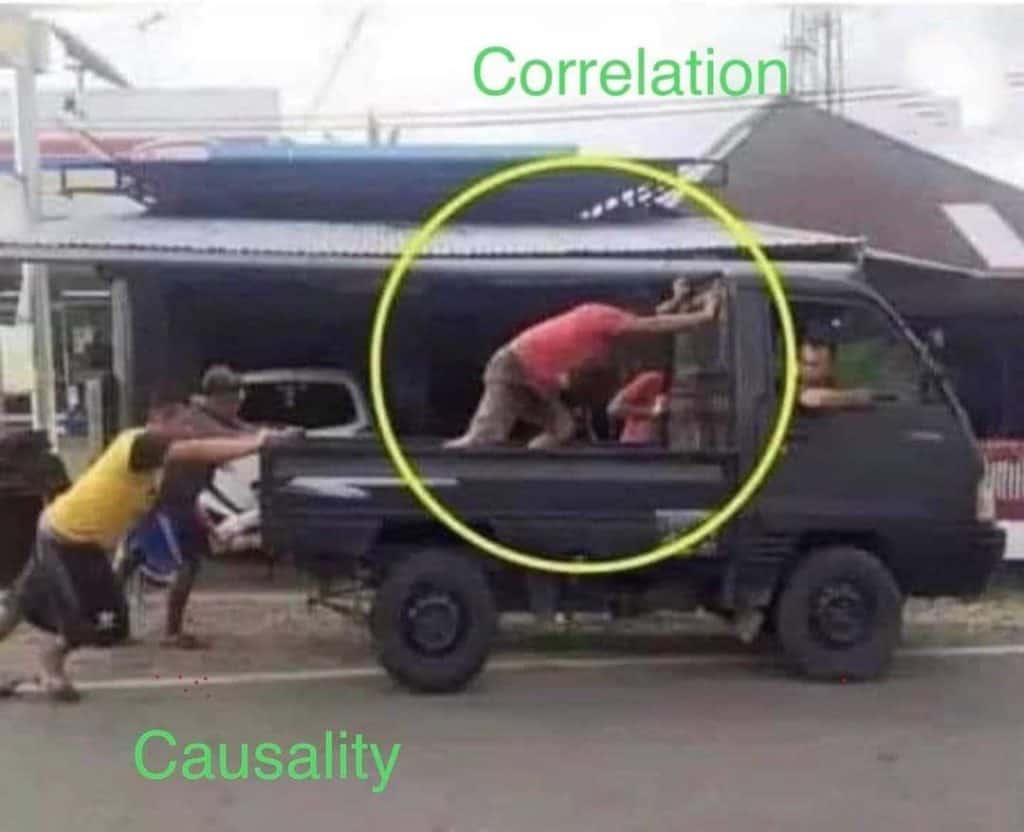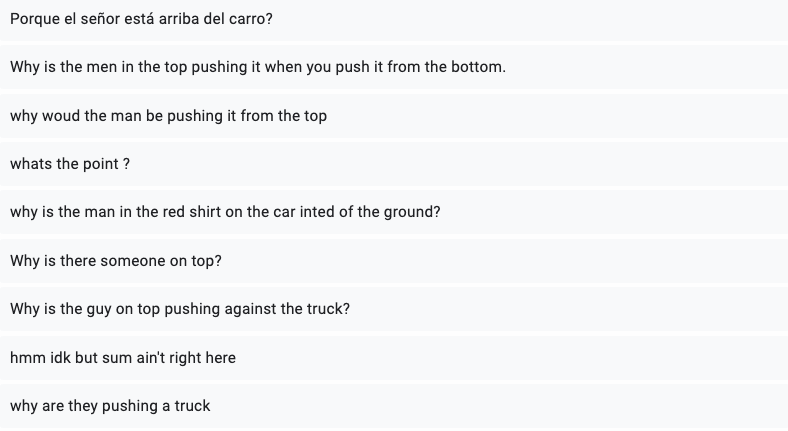
Pause & Keep Listening
Some quick context about the current teaching/ learning parameters of Distance Learning for the district I work for. 1. Block classes meet four times per week. There are four total classes per day, and teachers teach three of these sections (the other is reserved for prep). 2. Of these 80 minute blocks, the first 20 minutes is set aside for synchronous learning via zoom. The rest is for asynchronous learning and/or doing assignments. 3. Of about 174 students, about 1/3 attend the zoom meetings, and about 85% complete the daily assignments regularly. Note that these are all optional participations. 4. Grading CANNOT be attached to attendance given the uncertainty and life upheaval of the pandemic. 5. Grades consist solely from formative and summative tests, quizzes and semester finals. 6. The general cycle of the quarter is two weeks of questions and discussed answers, and a quiz on week 3. This is being written the week after the first quiz.
A test is typically a marker to move on, ending one topic to start the next. Chunks are equally divided by time so all the blessed standards can be met and accounted for. I was preparing for the same. While I waited for the tests to come in, I was developing assignments that formed a logical bridge in my mind. I was jumping at the bit to get to they more physical nature of things. But then I read the quizzes.
Oh. Oh.
They wrote and told with breathtaking honesty. They were listening, even when they didn’t speak. This went deeper than I thought. As they communicated their troubles, they also indicated they didn’t know what to do about them. We needed to linger a while longer.
Far too may didn’t have a question about themselves they’d like to answer. Many more said they were curious over confident. Curious about what, then?, I supposed. They also split into two distinct groups: 1. Cocooners — those that accepted we were going to be in this new normal for a while and settled into themselves, and 2. Bus Waiters — those that sat, frustrated and impatient, waiting for the bus to take them back to normalcy. As I showed them themselves they were less reluctant to be seen and softened into recognition.
Regarding the ability to ask questions, I pointed out that the two ingredients one needs to do so is to care enough and to know enough. For those who decided not to ask a question, which was lacking? Could it be both? I asked how many were listeners in a conversation and how many were generally the talkers. The data revealed most believed they balanced out the two. I wondered if this was tricky or natural.

To apply the skills in a task, I showed them a picture and asked them to ask a question about it. I was interested where their focus and attention went, and if it drifted past and deeper than the obvious. Were they glancers or seekers? The picture and a few answers are shown below:


The vast majority honed in on what was in the yellow circle. Maybe five talked about the words. One or two zoomed out and asked what was wrong with the truck and what country this was in.
93% concluded that the ability to notice the details was important, and yet just about the same amount reported that they observed themselves more harshly than others. What you are looking at and how you perceive it matters. Hideous to one can be endearing to another. Can you describe it without attaching good or bad? How might our attitudes and behavior toward subjective data change if it were replaced with more objective measures?
Finally, we looked at fitness/ weight level trends since the pandemic. We talked about waves of maintenance — huge all or nothing swings vs. small, consistent monitoring and adaptations. This discussion showed me just how large the generational divide is. I am going to need much more of their input and help to cater things towards where they are and what is meaningful to them. The motivation they seek is wrapped in social ambience. Figuring out a way to deliver this is going to take mutual trust and sincerity to get things right (or at least better). If the goal is to put learning into their own hands, consulting them how to construct it seems to be both a rational and reasonable course to take next.
My talk at the Embodiment Conference explaining the ins and outs of this kind of community approach to teaching and learning is set for NEXT SATURDAY, October 17th, 8am PDT. The interactive workshop is free to watch live, and just like class I need interested minds to talk to.



